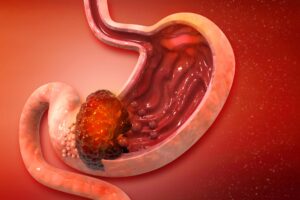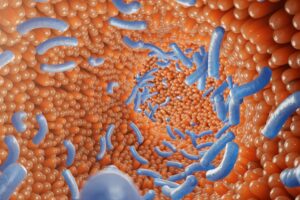gut microbiota
Gastroenterology
A high-fat diet induces gut microbial alterations and leads to male infertility. A new study published in Gut claims.
Gastroenterology
Alterations in the levels of gut-dwelling Streptococcus microbes are associated with the development of gastric cancer and the associated liver metastases.
Gastroenterology, Pediatrics
Some gut microbes can affect the timing of puberty by regulating the levels of sex hormones in a sex-dependent manner. A new study published in Scientific Reports claims.
Gastroenterology, Gynecology
Autistic people who experience inflammatory problems may have been exposed to inflammation in the maternal womb. A new study published in Immunity claims.
Scientific research
A new study (Nature) helps to understand why people who stop smoking often gain weight.
Gastroenterology
The impact of medications on the gut microbiota is greater than previously thought. A new research published in Nature claims.
Gastroenterology
Bacterial spores of the probiotic Bacillus subtilis can prevent dangerous Enterococcus bacteria from invading the blood and causing systemic infections.
Gastroenterology, Video
Philippe Lagella of the Instituit National de la Rcherche Agronomique - France, talks about the increasing interest in Faecalibacterium prausnitzii and its possible use.
Gastroenterology, Scientific research
Specific gut bacteria may drive some autoimmune conditions, including rheumatoid arthritis, inflammatory bowel disease, and multiple sclerosis. A new study published in Cell Host & Microbe claims.
Gastroenterology, Neuroscience
A new study published in the Journal of Proteomics is the first to profile the gut microbiota of autistic children, their relatives, and neurotypical children using a metaproteomic approach.











